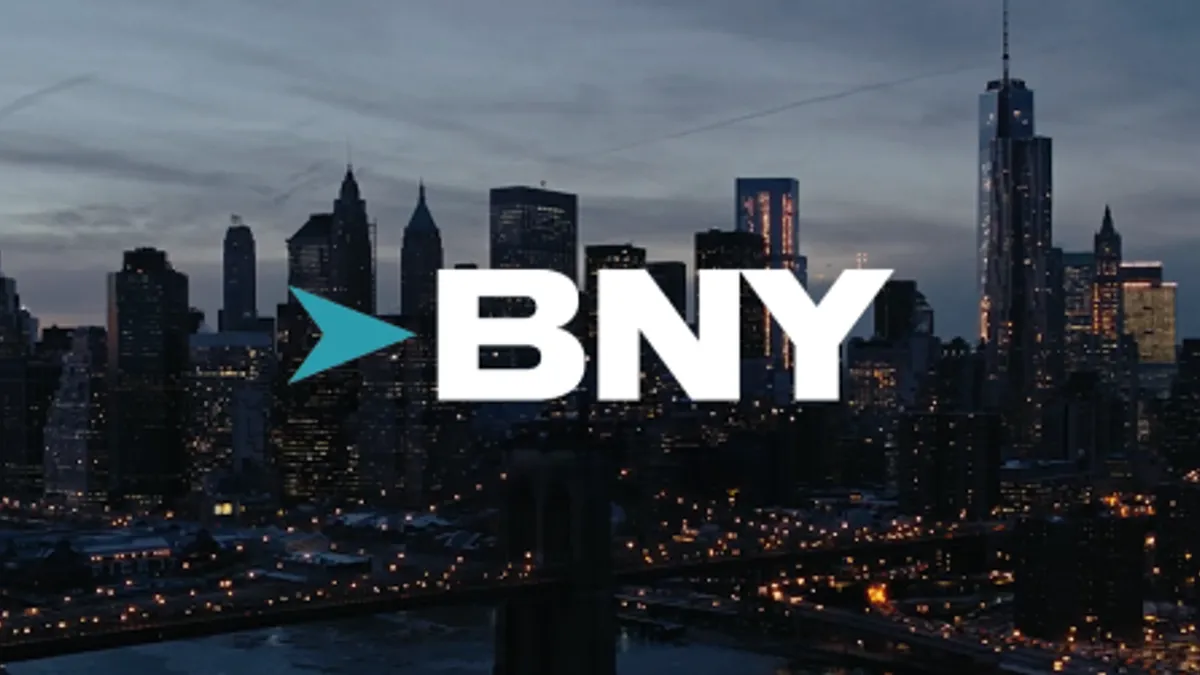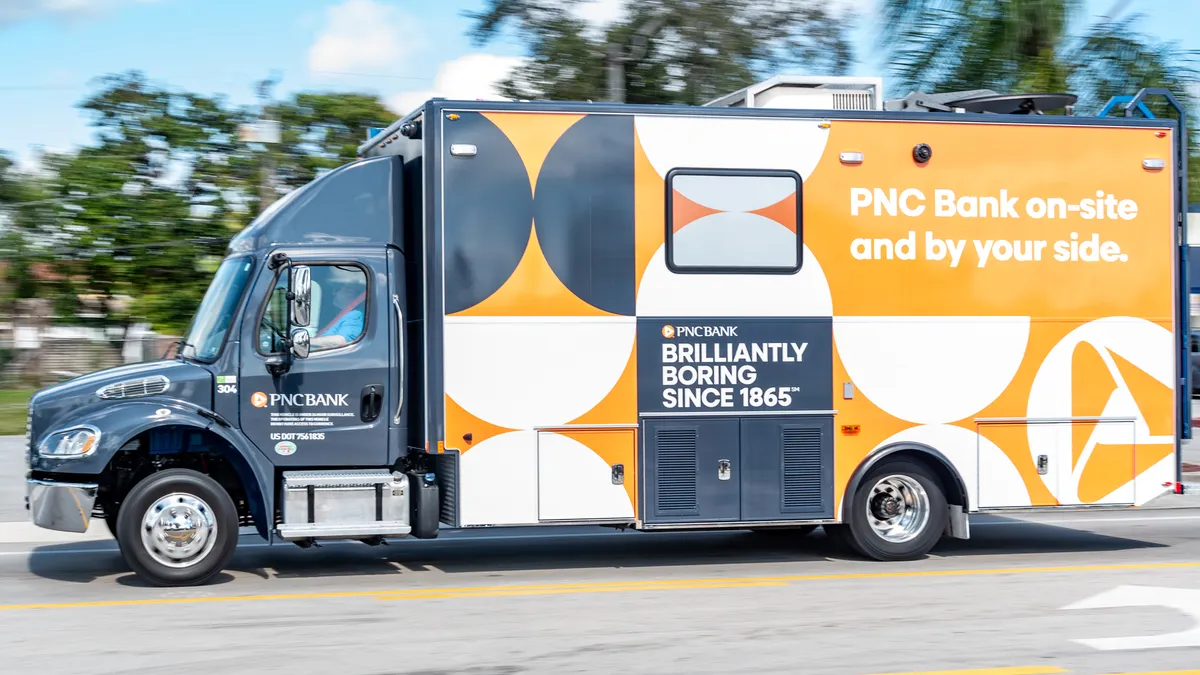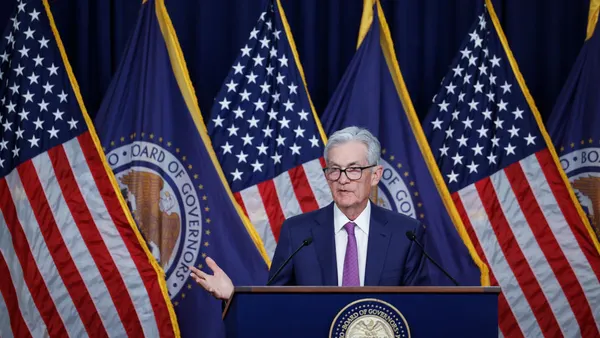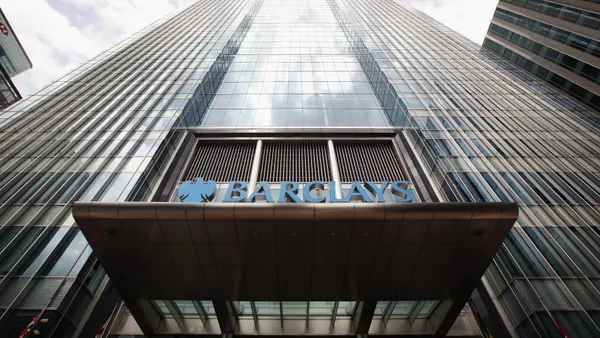Longtime observers of Bank of America can count on two annual traditions: Sometime after Labor Day, the bank tends to give an update on its long-running effort to raise its minimum hourly wage to $25.
And in January, Bank of America trumpets the percentage of its workforce (often 95% or higher) that receives restricted stock bonuses.
BNY tackled both last month. To be fair, BNY’s December updates, of late, have become notable traditions, too – giving the U.S.’s oldest bank a space to humble-brag about its own improved benefits.
BNY is boosting its minimum hourly wage to $25, effective March 1, it said last month. The move marks the fourth compensation boost in five years for the bank’s lowest-paid workers – a more than 50% jump since 2021, the New York City-based lender said.
“We want talent to feel appropriately compensated and enjoy an industry-leading employee experience – and benefits are a part of that strategy,” Shannon Hobbs, the bank’s chief people officer, said in a release. “Our differentiated approach helps us continue to be a top talent destination and drive a sense of ownership across our teams.”
If there were a race to a $25-per-hour minimum wage, BNY presumably has beaten Bank of America by a few months. BofA signaled in September that it was raising its pay floor to $24 per hour. The bank has targeted $25 per hour by 2025 ever since 2021 – and has increased its minimum hourly wage by $1 increments each year.
BNY’s minimum wage, by contrast, has made a steeper climb. It boosted its pay floor by $2.50 per hour – from $20 to $22.50 – last March, and is doing the same this year. Granted, BNY’s workforce is roughly one-quarter of Bank of America’s – though it’s unclear how many employees at each bank receive the minimum hourly pay rate.
BNY last month also said it would offer 10 shares of company stock to all eligible new employees for the third year in a row. That would come at a value of $783 as of Tuesday – up from about $527 a year ago.
Bank of America, by comparison, has given out restricted stock awards on a wide scale for seven years – and in each of the last three years has included employees who make less than $100,000 annually. Typically, the bank’s stock offerings to individuals vary by compensation, but BofA typically highlights the amount of the pool value: $1 billion in 2022; $800 million last year.
BNY also boosted its short-term disability offering, it said last month, to provide up to 26 weeks at 100% of base pay for all employees from date of hire, instead of a disability time frame that varies based on length of service.
“Compensation, recognition and expansive health and wellbeing benefits continue to be part of BNY’s competitive advantage,” Hobbs said. “We work hard to ensure BNY offers a holistic global total reward program for our employees.”















